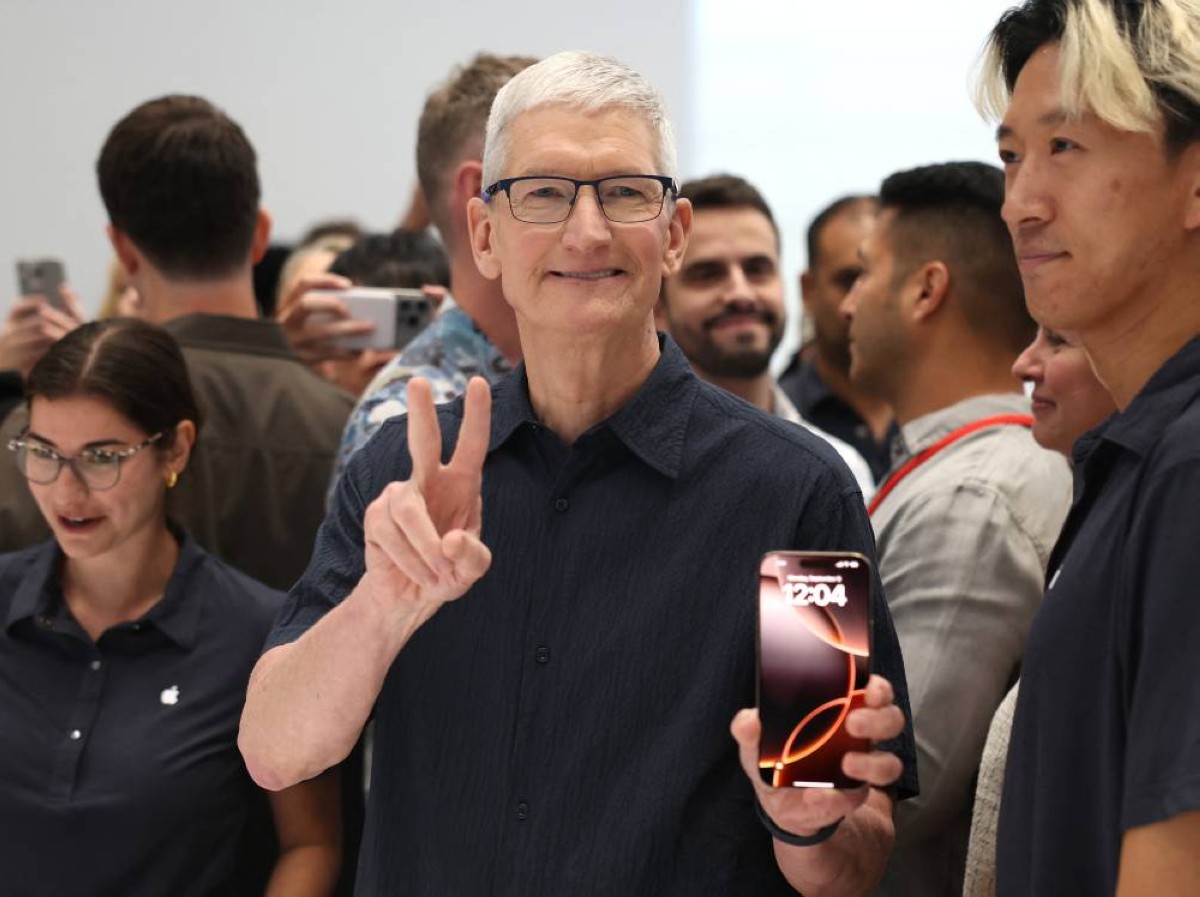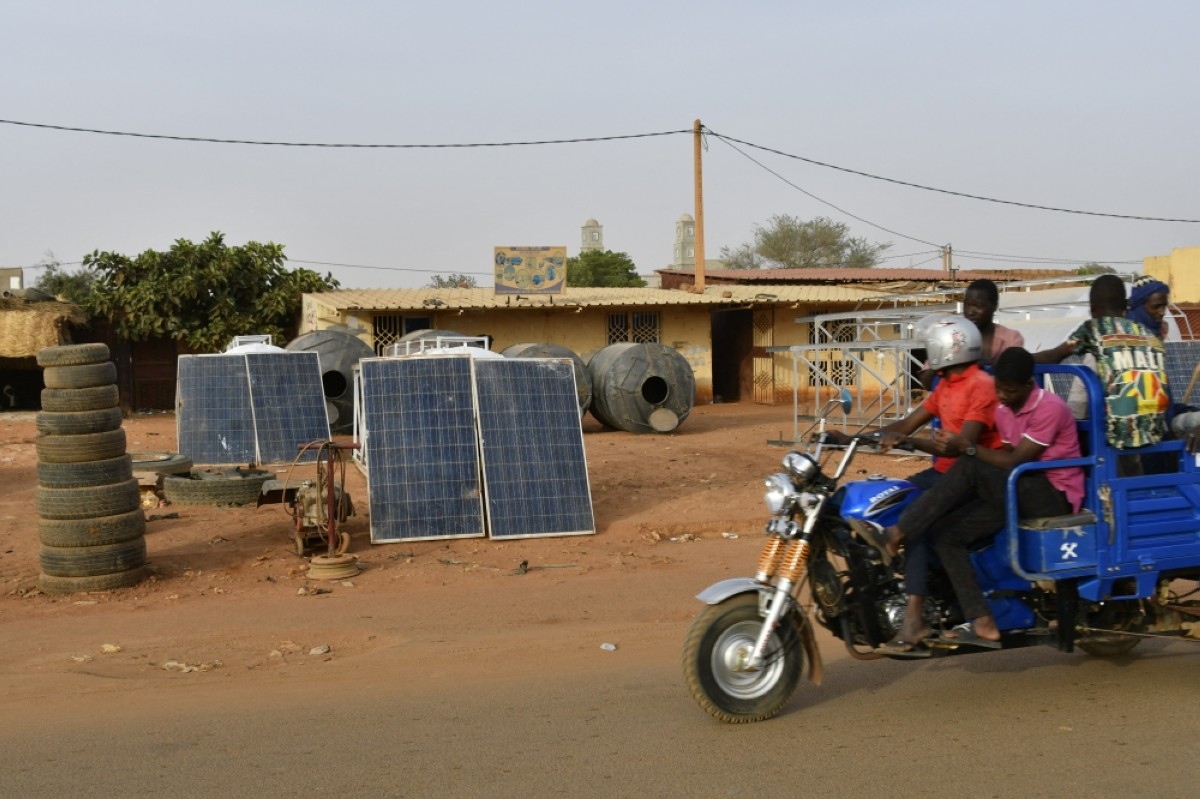JAKARTA: Indonesia has prohibited the marketing and sale of the iPhone 16 model over Apple’s failure to meet local investment regulations, according to its industry ministry.
Southeast Asia’s biggest economy has a young, tech-savvy population with more than 100 million people under the age of 30, but Apple still does not have an official store in the country, forcing those who want its products to buy from resale platforms. Indonesia’s industry ministry spokesman said imported phones of the iPhone 16 model—which launched in September—could not be marketed domestically because Apple’s local unit had not met a requirement that 40 percent of phones be made from local parts. "The iPhone 16 devices imported by registered importers cannot yet be marketed domestically,” ministry spokesman Febri Hendri Antoni Arif said in a statement Friday.
"Apple Indonesia has not fulfilled its investment commitment to obtain... certification.” To reach that percentage, Apple must invest in Indonesia and source Indonesian materials to be used for iPhone components, according to local media reports. Apple did not respond to an AFP request for comment. The ministry said the new Apple phones could be carried into Indonesia as long as they were not being traded commercially.
It estimates just 9,000 units of the new model have entered the country, which has a population of around 280 million. Indonesia’s smartphone market shipment share in the second quarter of the year was dominated by China’s Xiaomi, Oppo and Vivo, as well as South Korea’s Samsung, according to Counterpoint Research.
In April, Apple chief executive Tim Cook visited Indonesia as the tech giant explores ways to invest in Southeast Asia’s biggest economy and diversify supply chains away from China. He met then-president Joko Widodo and his successor Prabowo Subianto for talks after the iPhone maker announced it would expand its developer academies in the country. – AFP




